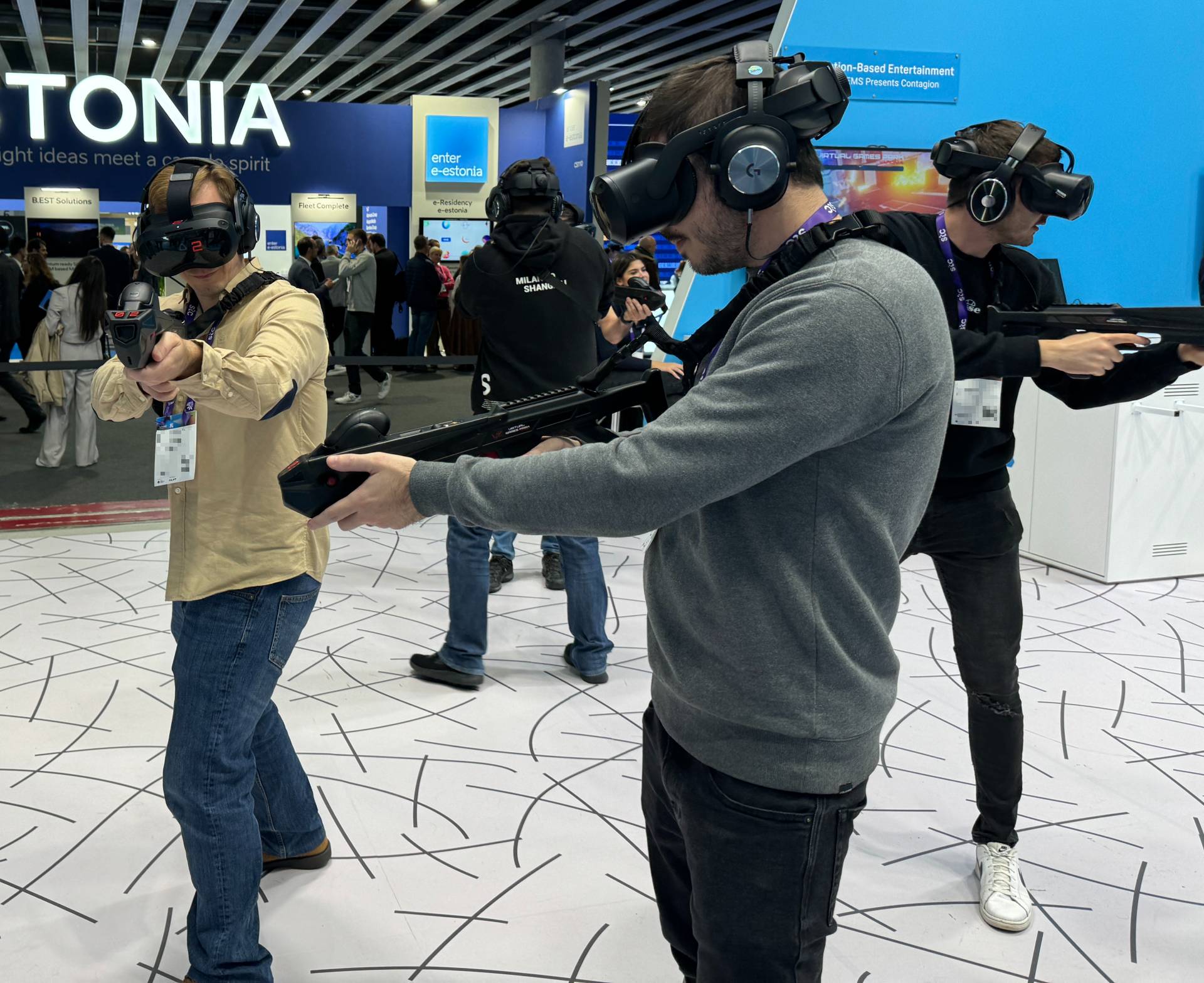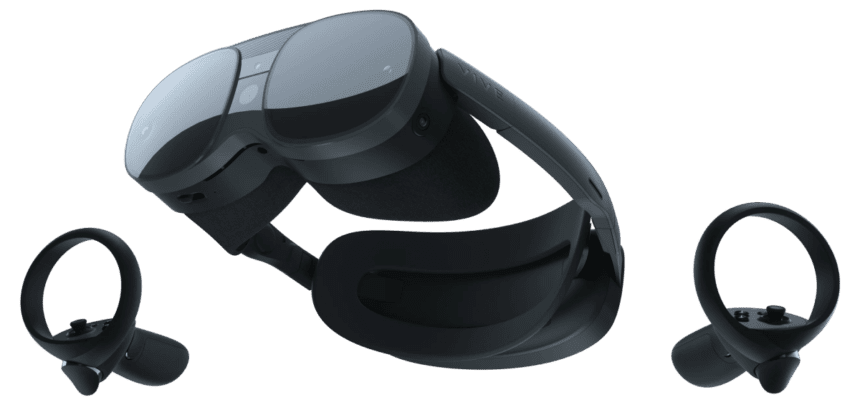HTC has undergone significant changes over the past decade, moving away from being primarily a phone manufacturer to embracing the mixed reality sector. While still producing smartphones, HTC’s global business is now primarily focused on mixed reality products, according to Dan O’Brien, the Vive general manager.
At the recent MWC event, HTC showcased its Vive booth with various demos, highlighting its shift towards enterprise solutions. The company has seen a substantial increase in enterprise-oriented offerings, now accounting for around 70% of its business, a significant shift from a 50/50 split in the past.
One of the pivotal moves that led to HTC’s enterprise focus was the early distribution of headsets to developers in 2015, with a significant portion going to enterprise developers. This strategic decision enabled HTC to pivot towards enterprise solutions ahead of competitors like Magic Leap.
Gaming initially played a key role for HTC Vive, with a strong emphasis on partnership with Valve. The company’s transition to virtual reality was further supported by Valve’s expertise in content and developer relations.
While gaming remains a focus for the consumer market, HTC’s main revenue stream now comes from enterprise applications, particularly in training scenarios for sectors like aerospace and healthcare. The company has received certifications from regulatory bodies like the FDA and FAA for its headset offerings.
HTC’s evolution extends beyond VR to mixed reality, incorporating elements of augmented reality and passthrough technology. This shift aligns with the company’s vision of the future of wearables, where devices seamlessly blend VR, AR, and mixed reality capabilities.
In the rapidly evolving industry landscape dominated by Meta and Apple, HTC continues to innovate in the extended reality space, exploring applications beyond traditional VR experiences. The company is also exploring the integration of generative AI to enhance virtual reality environments and streamline content creation processes.

Image Credits: Brian Heater
Meta’s influence in shaping market perceptions and driving technological advancements in mixed reality has also been significant. The concept of the metaverse is evolving, expanding beyond mere entertainment to encompass a broader virtual space where hardware-connected individuals can interact.
As HTC continues to push boundaries in the extended reality realm, the integration of generative AI is poised to revolutionize content creation and user experiences in the near future. This technological advancement is expected to enhance virtual reality environments and enable dynamic content generation on the fly.










